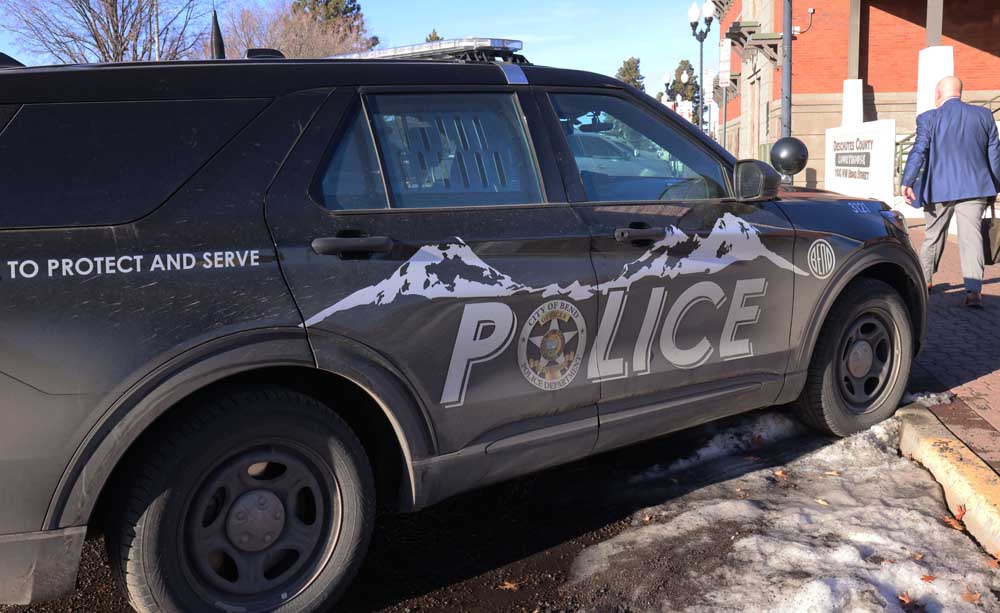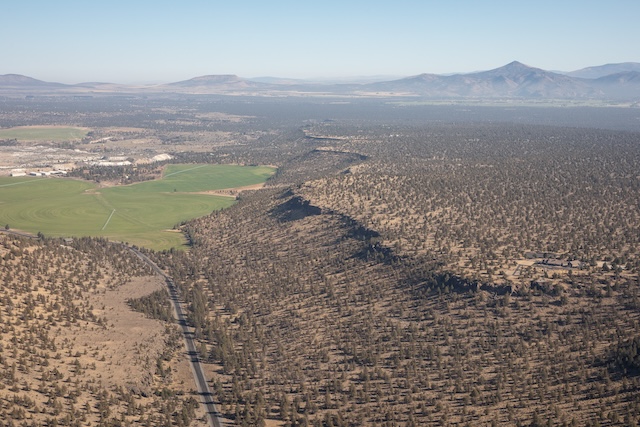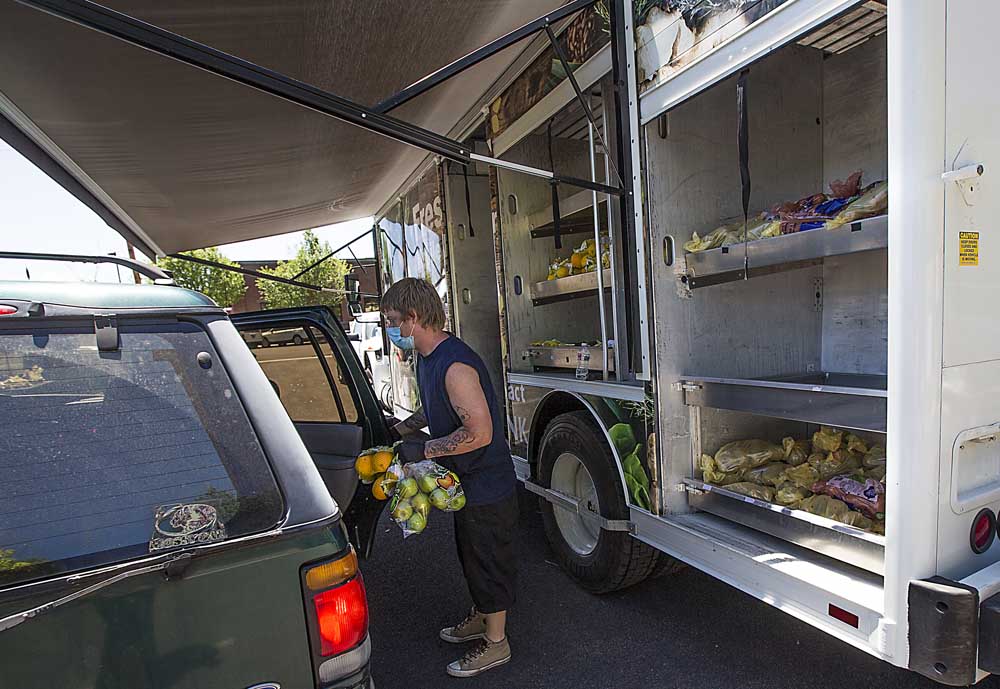50 years later, Beatles steal another show
Published 12:00 am Wednesday, February 12, 2014
If there’s one thing pop has learned in the last 50 years, it’s that Beatles songs never wear out their welcome. The Beatles’ original recordings have retained not only their musical brilliance but also the nearly universal good will the band generated in its time, as well as the accumulated nostalgia that makes baby boomers conflate its music with all the pleasures of their youth. On purely musical grounds — the foundation of melodies, harmonies and lyrics — Beatles songs have thrived through half a century of remakes.
The Recording Academy was counting on both nostalgia and tunefulness with Sunday night’s special on CBS, “The Beatles: The Night That Changed America — A Grammy Salute.” It was a Beatles tribute concert recorded in Los Angeles on Jan. 27, the day after this year’s Grammy Awards, with an extensive lineup including Paul McCartney, Ringo Starr, Stevie Wonder, Alicia Keys, Katy Perry, Imagine Dragons and a reunited Eurythmics. Yoko Ono, Sean Lennon and George Harrison’s widow, Olivia Harrison, and son, Dhani Harrison, were in the front row; Dhani helped perform his father’s song “Something” onstage.
The “night that changed America” was the Beatles’ appearance on Feb. 9, 1964, on “The Ed Sullivan Show,” which was a confluence of musical event, television milestone and cultural watershed. It was the U.S. debut of the Beatles, who had the No. 1 single “I Want to Hold Your Hand” and an audience primed to scream. The next morning, as baby boomers have been reminding people ever since, countless young Americans were announcing their favorite Beatle, clamoring for electric guitars or drums and, if they were boys, daring to let their hair grow past their ears.
The broadcast was seen by 74 million people, more than 60 percent of the U.S. television audience. There might well be nostalgia for those days at CBS and the other networks, which in 1964 had only a handful of broadcast competitors rather than hundreds of cable channels and the infinitude of the Internet. The kind of unified television experience shared when the Beatles arrived occurs now only during championship games and awards shows, which are all, as the Ed Sullivan show was, live broadcasts.
Limited broadcast outlets were one constraint the Beatles would turn into an advantage. Others were the brevity of pop singles, which they crammed with ideas, and the limits of recording technology, which they would magnificently outwit. By 1964, the Beatles already had the benefit of long, hard work: years of playing clubs and recent experience with the Beatlemania whirlwind in England.
Between songs, Sunday’s show included reminiscences of technicians and audience members who couldn’t hear the music for the screams. But the Beatles charged into their songs with every part in place — able, by then, to play them as much by feel and sight as by sound. There were no earpiece monitors then.
The special showed some of what CBS’ cameras caught that night: young men in matching suits, delivering their tautly constructed songs while smiles were bounced among the band members. The Beatles were well-rehearsed but looked as if they were having an absolute lark, and that joy immediately came through the screen, multiplying the catchiness of the songs. So it was almost cruel for the special to segue from Beatles performances into new, live ones that were tense and studious by comparison: by Maroon 5, nervously trying to copy the 1964 Beatles in “All My Loving,” or by Keith Urban and John Mayer, trying to finish the band’s 1969 rooftop performance of “Don’t Let Me Down” as a guitar jam.
Joe Walsh from the Eagles and Jeff Lynne from ELO (who worked with individual Beatles during their solo years) earnestly strove to reproduce both guitar lines and vocal phrasing from “Something.” Walsh and Gary Clark Jr. couldn’t quite strike sparks in another jam, “While My Guitar Gently Weeps,” while Lynne and Dave Grohl fell short of the strange mixture of estrangement and compassion in the original “Hey Bulldog.”
Others tried to recast the songs more radically, if not wisely. Perry delivered “Yesterday” like an “American Idol” contestant, hyping each verse as an escalation from breathy beginning to tearful, melismatic flourishes. Imagine Dragons treated “Revolution” as latter-day hootenanny fare, strumming acoustic guitars, singing four-part harmonies and entirely missing the point.
The celebration, like that Ed Sullivan show a half century ago, belonged to the Beatles themselves. First was Starr: bounding onstage to sing Carl Perkins’ “Matchbox,” settling in at the drums to play and sing the Shirelles’ “Boys” and finishing with a jolly “Yellow Submarine.” McCartney rasped and shouted through “Birthday” and savored the humor of “Get Back” while hitting its falsetto high notes with poise.
Fifty years after conquering the United States, McCartney and Starr didn’t come across as self-congratulatory, or weary, or simply going through show business motions. They’ve held onto what they brought in 1964. They were still having fun.






